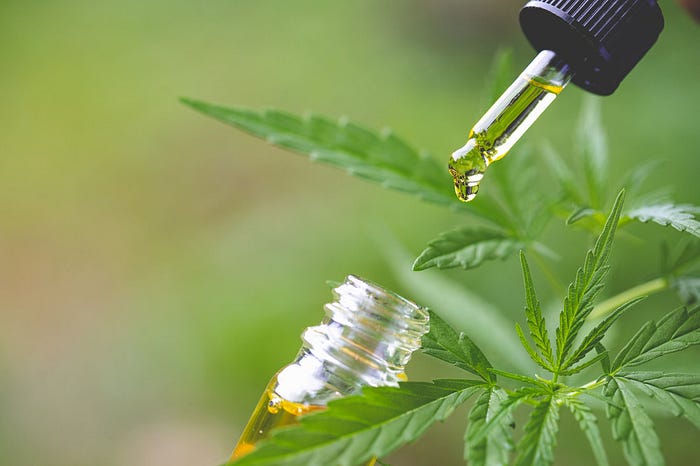
Cannabinoids could be a tool to reduce opioid doses when treating chronic pain
When treating chronic pain, there is a constant dilemma between adequately relieving pain while also preventing addiction to painkillers. Unfortunately, many of the most effective painkillers, opioids for instance, are also the most addictive. Recent lines of research look at cannabis as a potential method to treat chronic pain.

The ECS and it’s response to cannabinoids
Our body’s endocannabinoid system (ECS) is primed to naturally respond to cannabinoids — the compounds produced by cannabis — through the cannabaniod type I and II (CB1 and CB2) receptors.
When CB1 receptors detect cannabinoids, they alter how we perceive pain and pleasure, and how these feelings can be manipulated by a placebo effect, making the ECS a promising area of study for pain management.
CB1 receptors could be effective for pain tolerance
Our internal pain and pleasure circuitry are highly connected. Regardless of any actual benefits of pain, we have a higher tolerance for pain that is viewed as beneficial (for example, exercise) than pain that is viewed as aversive.
CB1 and opioid receptors may work together to regulate this pain-relieving placebo effect. Participants have a higher pain tolerance when they are told that a painful tourniquet will build muscle compared to when they are told that the tourniquet has no benefits.
Blocking either CB1 receptors or opioid receptors decreases the rise in pain tolerance, and blocking both receptors abolishes this effect entirely. Therefore, CB1 and opioid receptors together could be most effective at driving reward-related pain tolerance.
Cannabinoids may be critical to chronic pain treatment
There are promising results from studies looking at pain treatment with both cannabinoids and opioids. Low doses of drugs that increase CB1 receptor activity when administered in tandem with morphine increase the pain-relieving effects of morphine without increasing the addictive effects of morphine.
The mechanism by which cannabinoids and opioids engage our reward system may explain this effect. Cannabinoids activate our mesolimbic dopamine system, which increases our “wanting” of a drug, while opioids act to increase our “liking” of a drug.
Interestingly, placebo studies show that the anticipation of receiving a drug increases the effect of the drug itself. In the context of pain management, cannabinoid agonists increase the anticipation that opioids will relieve pain, while the opioids actually relieve the pain. Clinically, cannabinoids may be critical to chronic pain treatment not only to help reduce pain, but also to reduce the need for high doses of addictive painkillers.

Considering cannabis for chronic pain?
Visit our medical cannabis clinic and learn more about how cannabis might help you in your unique pain circumstances.
The CED Clinic was created for those who want to be seen as a person, not just a patient. Dr. Caplan and his team are dedicated to working with you to manage your pain and empower you about your medical cannabis choices.
